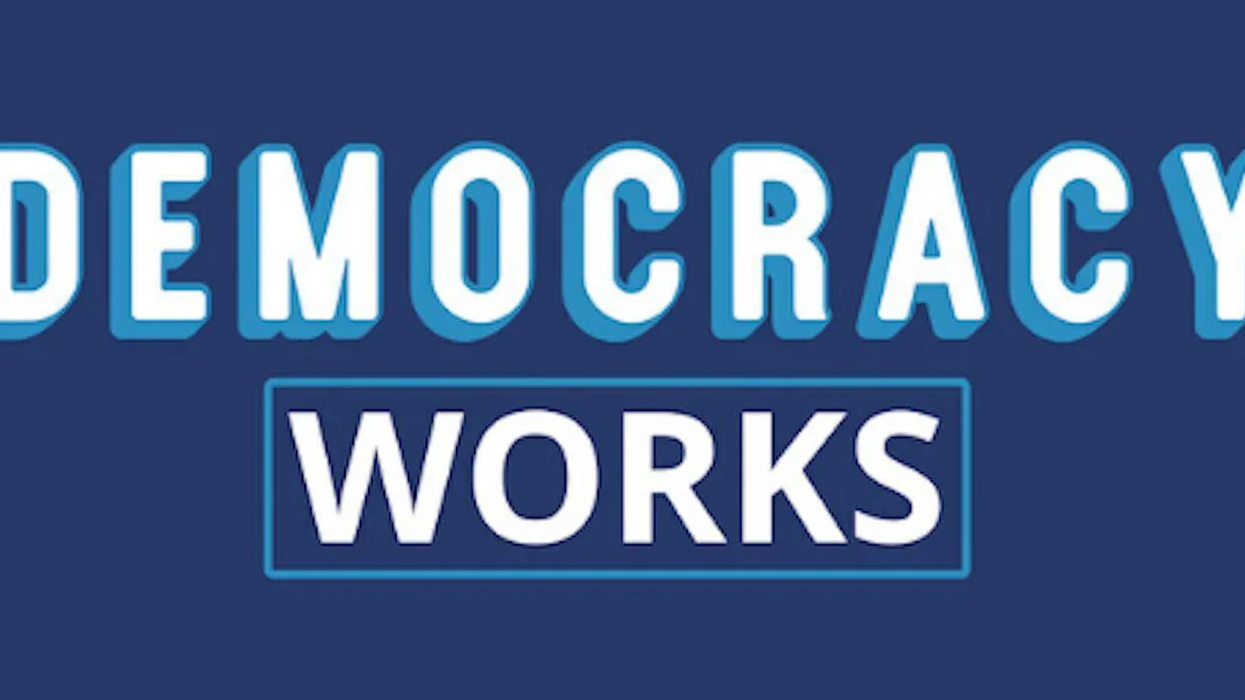Why has the underrepresentation of women and racial minorities in elected office proved so persistent? Some experts suggest that women lack sufficient ambition to run for office relative to men, while others say that districts with majority white populations do not provide adequate resources or opportunities for minority candidates to succeed. These approaches tend to treat women and racial minorities as parallel social groups, and fail to account for the ways in which race and gender simultaneously shape candidacy.
In her book, Nowhere to Run, Christian Dyogi Phillips introduces the intersectional model of electoral opportunity, which argues that descriptive representation in elections is shaped by intersecting processes related to race and gender. The book and this conversation shed new light on how multiple dimensions of identity simultaneously shape pathways to candidacy and representation for all groups seeking a seat at the table in American politics. Phillips is an assistant professor of Political Science at the University of Southern California, and holds affiliations with the USC Institute for Intersectionality and Social Transformation and the USC Dornsife Equity Research Institute. Prior to becoming an academic, Phillips led organizing and political campaigns in the American labor movement.




















Trump & Hegseth gave Mark Kelly a huge 2028 gift